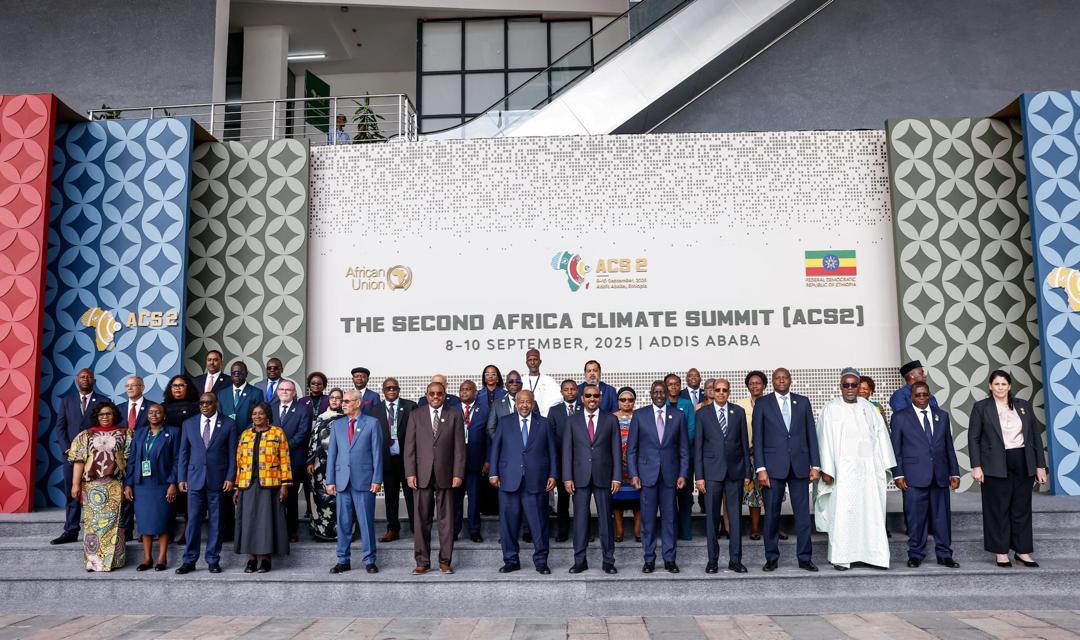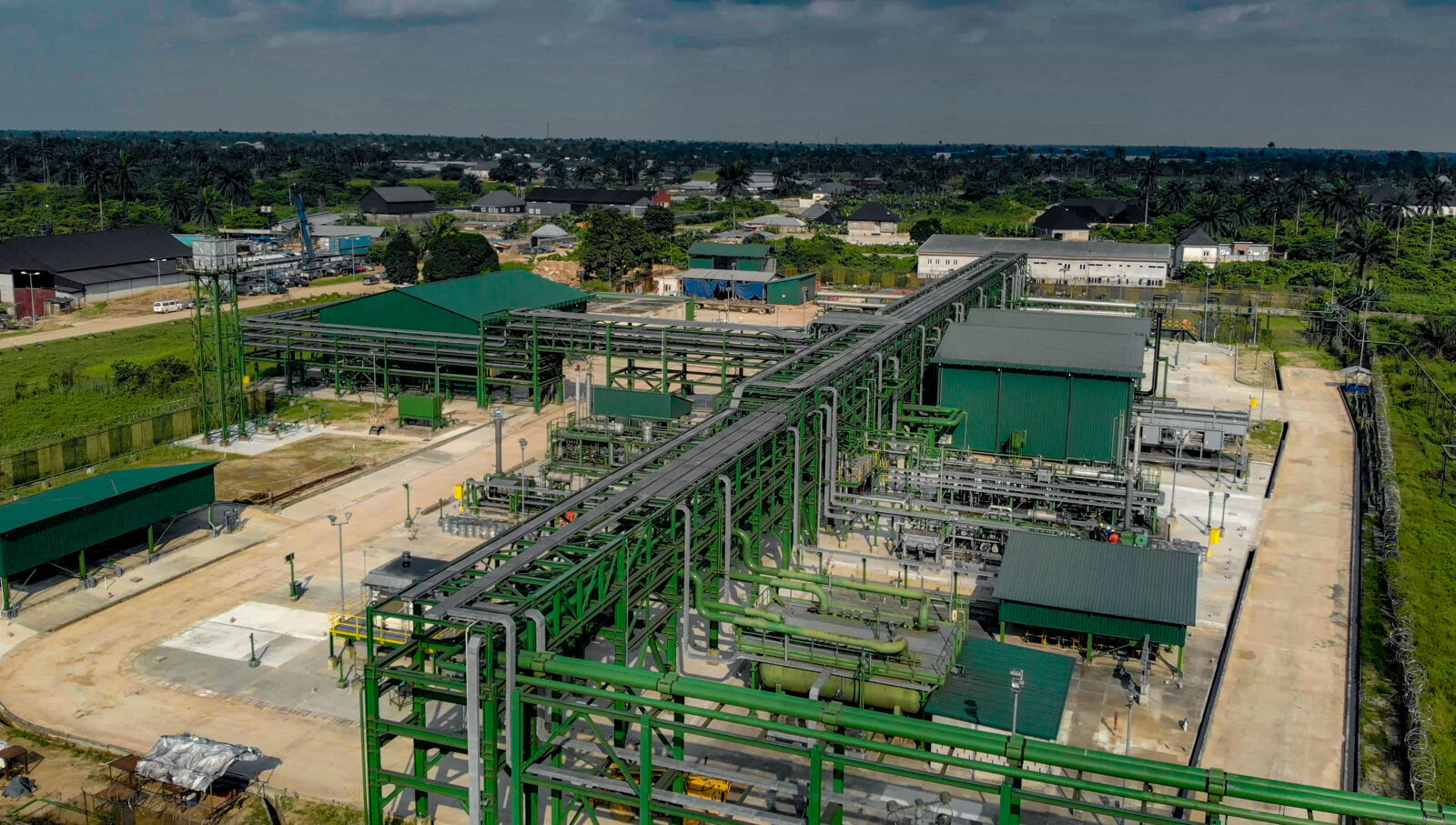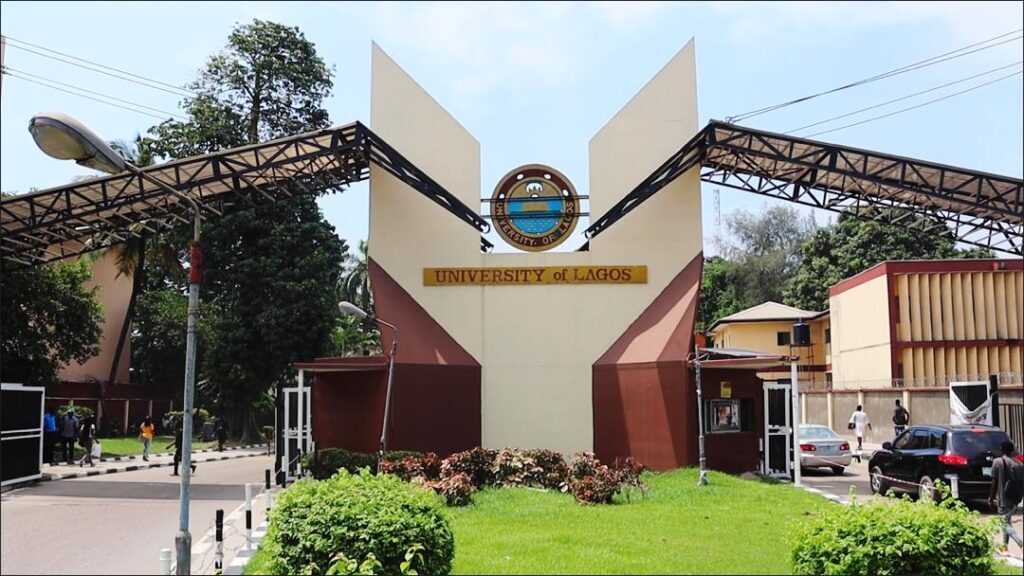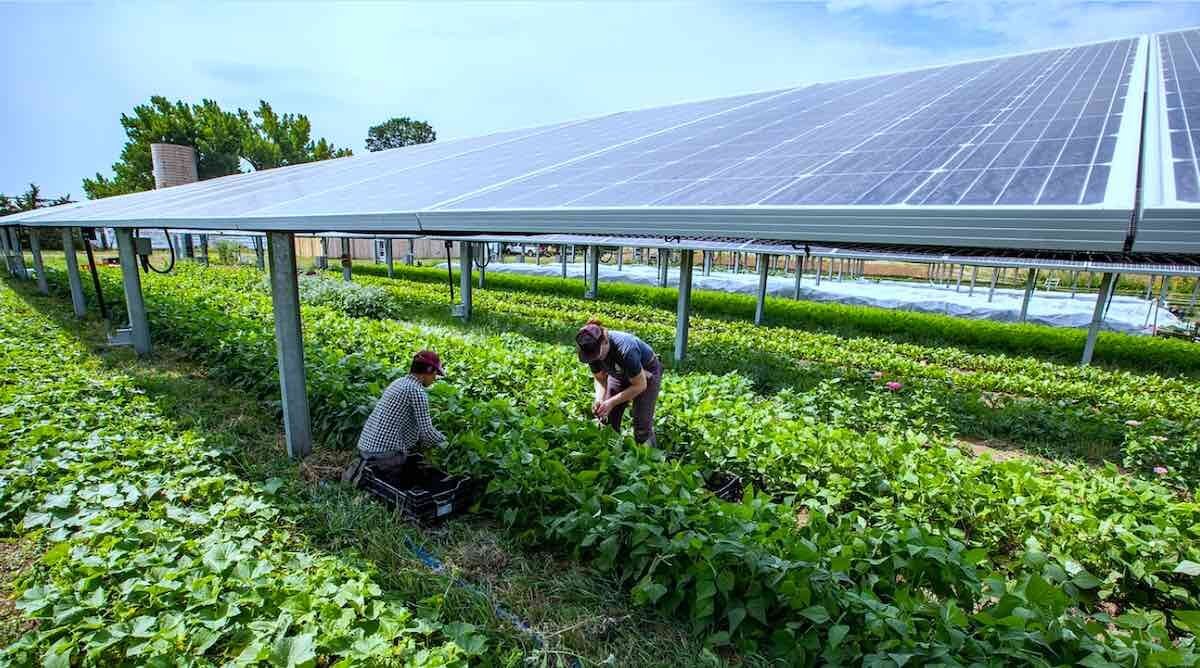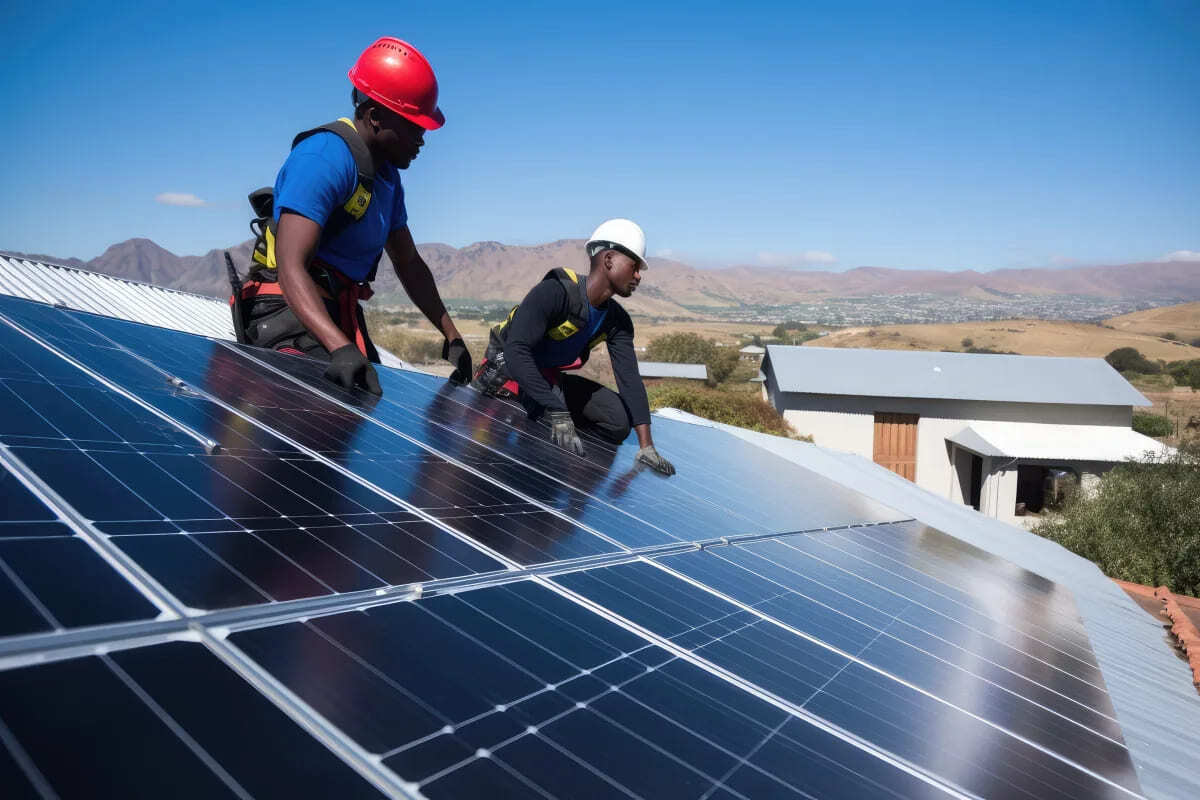In early September 2025, all eyes in the climate advocacy space were on Africa for the second edition of the Africa Climate Summit.
Hosted in Addis Ababa, Ethiopia, the summit convened global and African leaders, financiers, innovators, and youth to redefine Africa's climate future, not as a crisis victim, but as a global centre for climate solutions.
Africa Is No Longer Only a Climate Crisis Victim
Africa's renewable energy ambitions and policy leadership took centre stage at the Africa Climate Summit 2025 in Addis Ababa.
The landmark summit, attended by heads of state, ministers, financiers, youth leaders, and civil society, sent a clear message: Africa has shifted from being seen as climate-vulnerable to becoming the world's emerging hub for climate solutions, innovation, and action.
Summit Highlights, Financing Commitments, and Innovation Initiatives
Panels addressed nature-based and technology-driven climate solutions, adaptation strategies, food security, e-mobility, and Afrocentric financing models.
A highlight was the "Bridging the Gap: Public-Private Investment for Africa's Renewable Transition" event, which gathered senior leaders and youth advocates to explore de-risking and scaling renewable energy.
Global Citizen Fellows Hope Dlamini and Lungile Magagula praised youth leadership and called for Africa's share of global renewable investment to reach 20% by 2030, compared to a mere 2% today.
"What stood out most was how the summit repositioned Africa to being recognised as a solutions hub," said Dlamini, emphasising Africa's growing role in innovation and project delivery.
Magagula urged a swift move from climate finance promises to direct project funding reaching communities and entrepreneurs.
The summit witnessed major declarations and fresh commitments:
| Initiative | Focus | Commitment/Goal |
|---|---|---|
| Addis Ababa Declaration | Grant-based Finance | Position Africa as a renewable energy hub, emphasise financial justice |
| Africa Climate Innovation Compact | Homegrown Solutions | $50B annually, 1,000 solutions by 2030 |
| Africa Green Industrialisation | Climate-Smart Industries | $100B framework for industry |
| Denmark Agricultural Pledge | Agricultural Transformation | $79M international support |
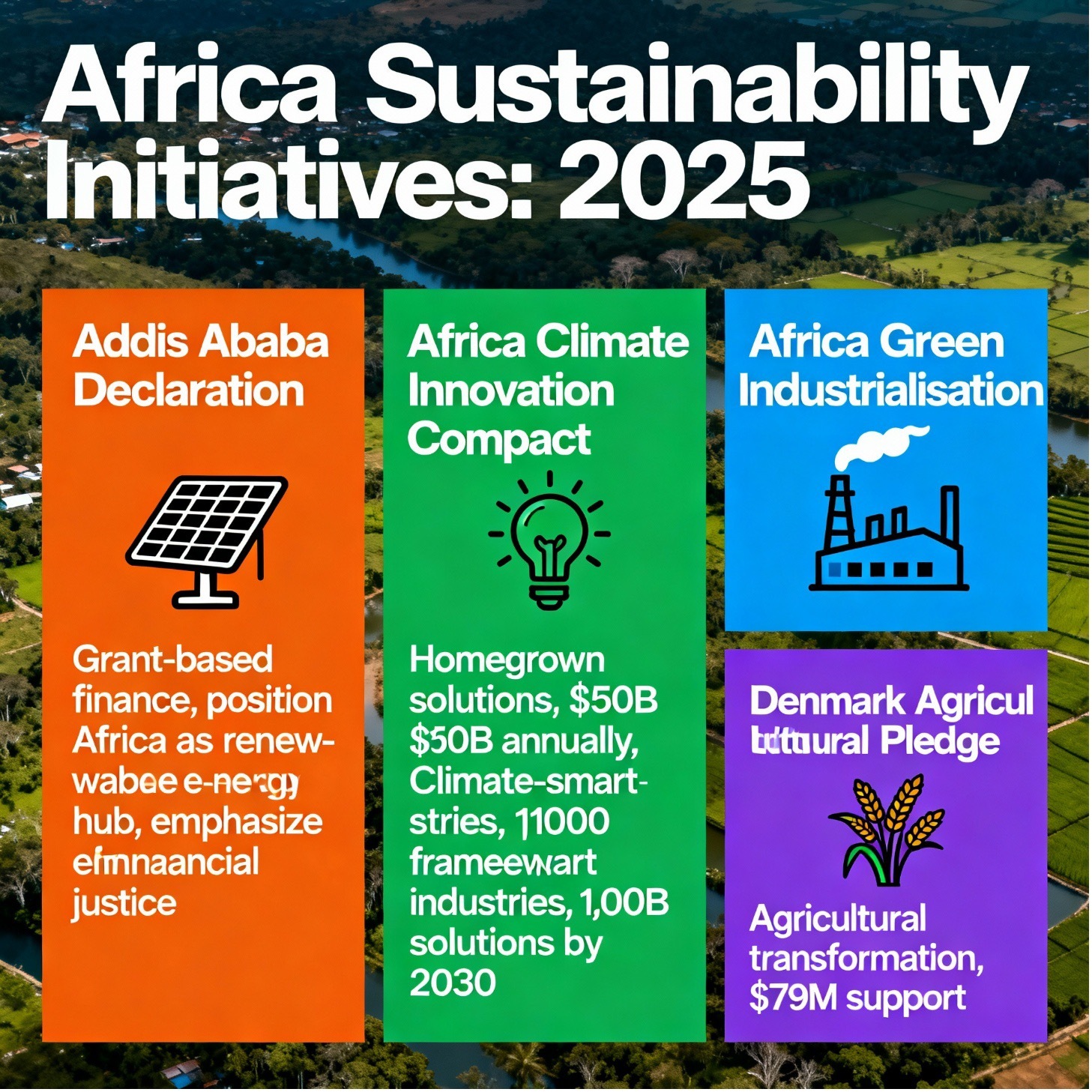
Why Africa's Approach Is a Model for Global Climate Justice
The case that climate finance should be rooted in justice, not debt, was a major highlight for summit participants.
African leaders called for a swing to grants over debt-heavy loans. This stance underpins the Addis Ababa Declaration, which seeks international accountability for finance delivery, and urges world leaders to operationalise "loss and damage" frameworks.
Inclusivity was a pillar: the summit insisted women and youth must be decision-makers, not symbolic participants. Afrocentric, context-specific financing models and cross-sector collaborations emerged as key pathways for empowerment and resilience.
"Africa is ready, the youth is energised, and the willpower exists, but it cannot do this alone," Dlamini noted. Their message: Only global solidarity and financial justice will close Africa's adaptation gap and unleash its climate leadership.
From Promises to Projects – Accountability Is the Next Step
The summit's declarations now face a real-world test: how quickly can billions pledged be translated into projects that would improve lives?
Youth leaders called on Global Citizens worldwide to press governments for the timely fulfilment of climate finance commitments.
Magagula stressed the urgency of shifting pledges into direct community impact, saying, "Impact will be determined by whether commitments are translated into projects that improve lives on the ground."
Key priorities moving forward include:
| Project Priority | Path Forward (Next Steps) |
|---|---|
| Operationalise grant-based finance | Partner with donor nations, redesign finance systems |
| Increase renewable capacity | Mobilise $50B/year, launch 1000 solutions by 2030 |
| Green industrial transformation | Deploy $100B to climate-smart industries |
| Accountability and inclusivity | Track progress, elevate youth/ women's voices |
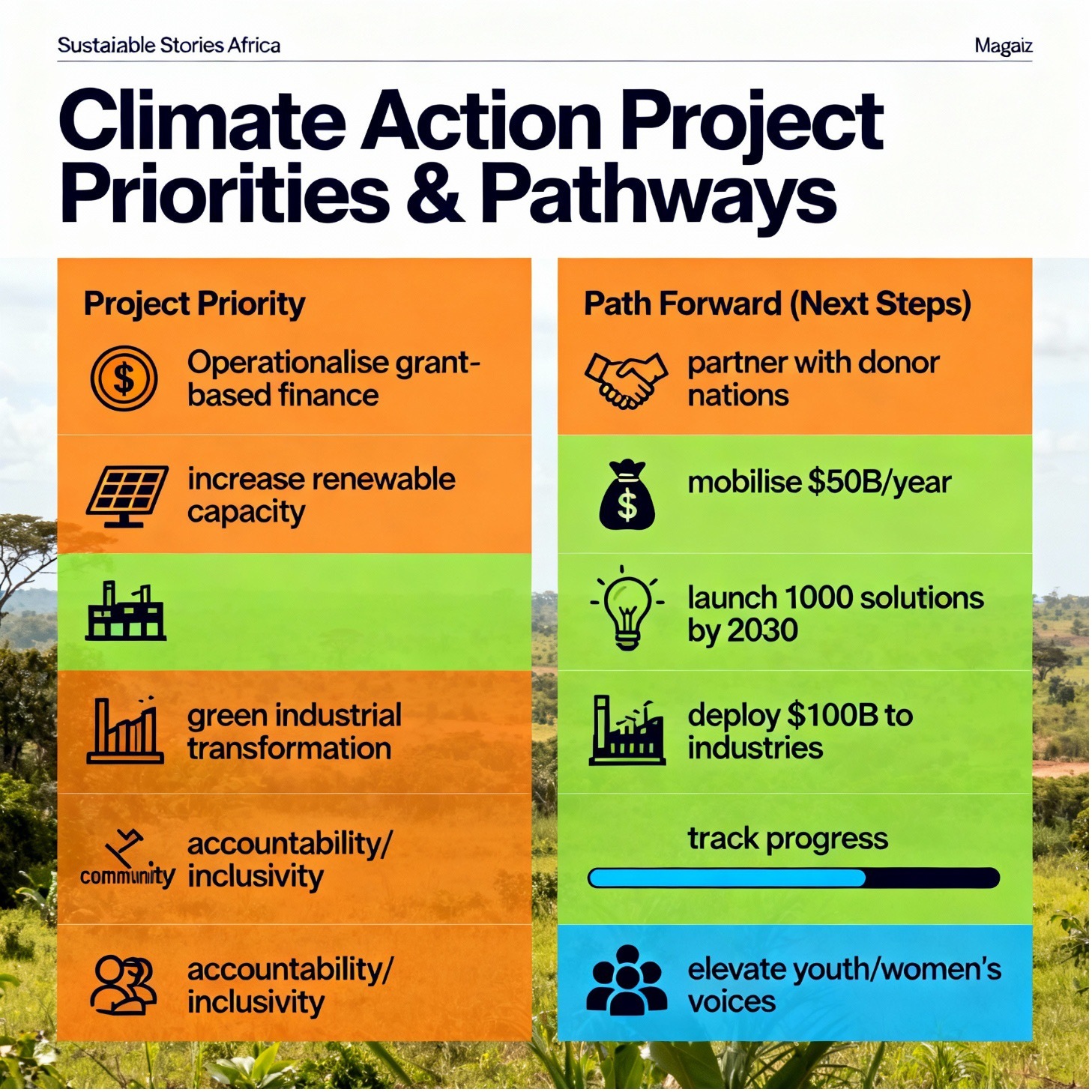
The Addis Ababa summit set ambitious priorities. Africa's leaders call for the urgent operationalisation of grant-based finance, scaling of renewable investment, and investment in green industry.
Plans include mobilising $50 billion annually and launching 1,000 solutions by 2030, backed by $100 billion via pan-African banks.
The international community is challenged to deliver on pledges, ensure finance reaches the vulnerable, and empower youth and women at decision-making tables.
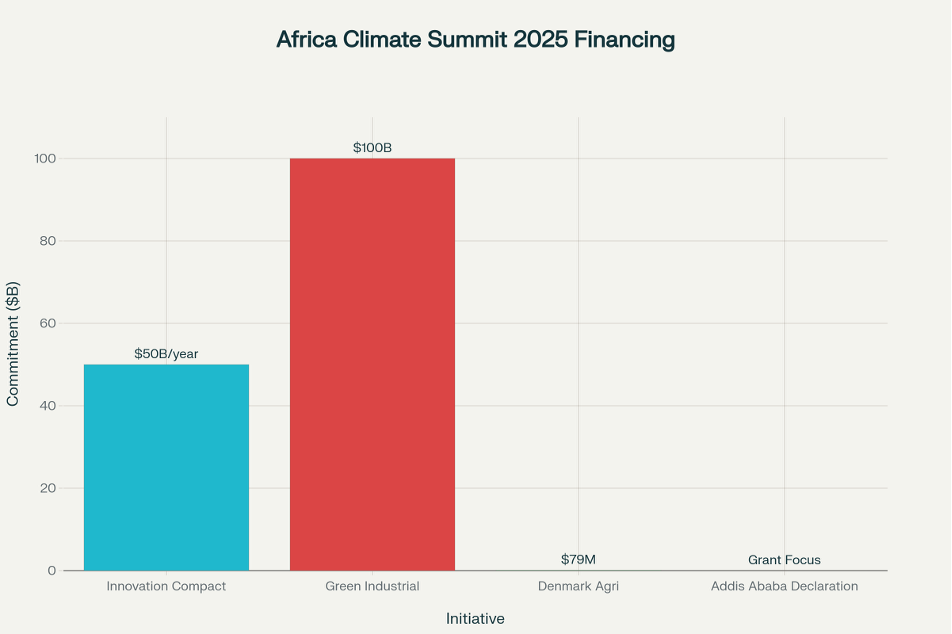
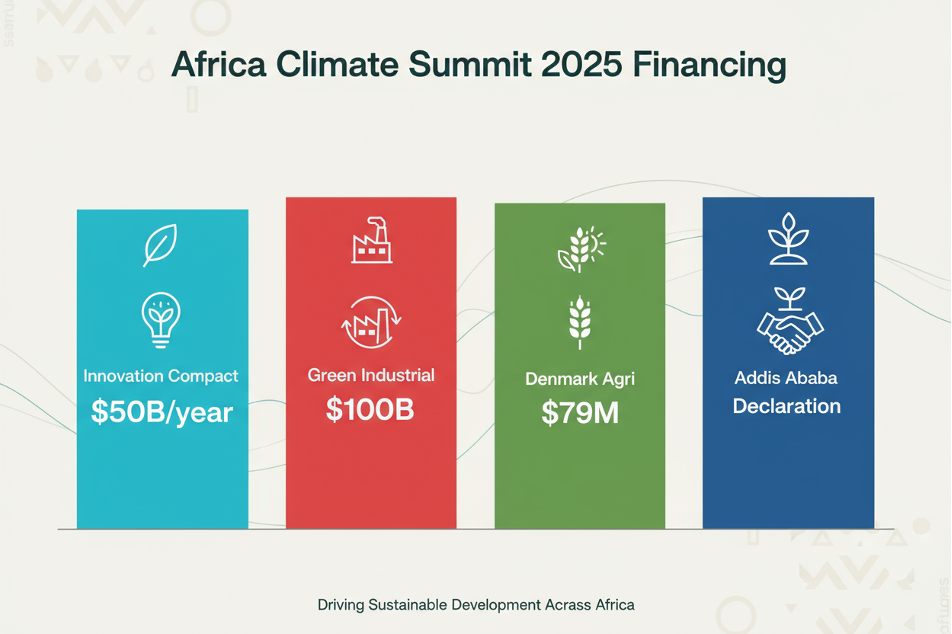
The Africa Climate Summit 2025 marked a focused turn for Africa’s global climate leadership. With bold declarations and billions of dollars pledged, Africa now pushes for implementation, accountability, and tangible action to meet its adaptation and development needs.
Culled From: https://www.globalcitizen.org/en/content/africa-climate-summit-2025-outcomes/

